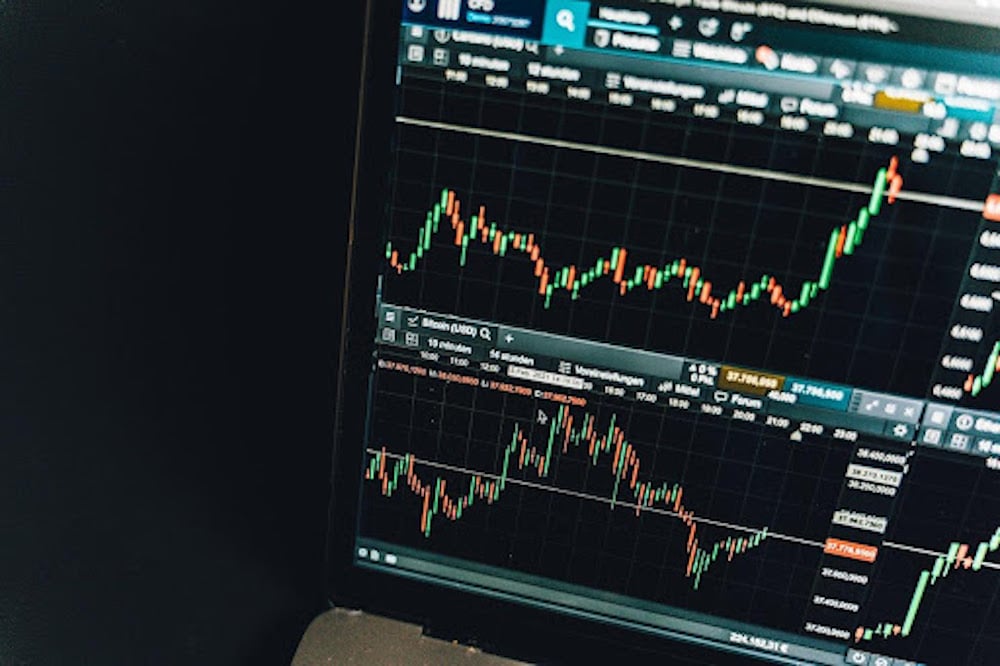Forex trading, also known as foreign exchange trading, presents an exciting opportunity for individuals to engage in the world’s largest and most liquid financial market. However, success in forex trading requires a combination of knowledge, skill, and disciplined strategies. In this article, we’ll explore ten essential forex trading tips that can help traders navigate the complexities of the market and increase their chances of success.
- Educate Yourself: Before diving into forex trading, invest time in learning the basics. Understand key concepts such as currency pairs, pips, spreads, and leverage. A solid foundation will empower you to make informed decisions.
- Choose a Reliable Broker: Selecting the right forex broker is crucial. Look for a broker with a good reputation, competitive spreads, reliable execution, and regulatory compliance. Read reviews and do thorough research before making a decision.
- Create a Trading Plan: A well-defined trading plan outlines your goals, risk tolerance, strategies, and trading schedule. Having a plan in place helps you stay disciplined and avoid impulsive decisions driven by emotions.
- Practice with a Demo Account: Before trading with real money, practice on a demo account. This allows you to test your strategies, understand the trading platform, and gain confidence without risking your capital.
- Start Small: Begin with a small trading account and low leverage. As you gain experience and confidence, you can gradually increase your trading size. Avoid overleveraging, as it can lead to significant losses.
- Manage Risk: Implement sound risk management practices. Only risk a small percentage of your trading capital on each trade and use stop-loss orders to limit potential losses.
- Stay Informed: Keep up with economic and geopolitical news that can impact currency markets. Events like interest rate decisions, economic data releases, and political developments can lead to market volatility.
- Use Technical and Fundamental Analysis: Combine both technical and fundamental analysis to make informed trading decisions. Technical analysis involves studying price charts and patterns, while fundamental analysis considers economic indicators, market movement indicators and news events.
- Control Emotions: Emotional discipline is critical in forex trading. Fear and greed can lead to impulsive decisions and losses. Stick to your trading plan and avoid making trades based on emotions.
- Continuous Learning: The forex market is constantly evolving. Stay updated on new trading strategies, trends, and technologies. Engage with trading communities, attend webinars, and read books to expand your knowledge.
Forex trading offers substantial opportunities for profit, but it comes with inherent risks. By following these ten essential forex trading tips, you can enhance your trading skills, minimise losses, and increase your potential for success in the global markets. Remember that consistent learning, discipline, and a well-defined trading plan are key components of a prosperous forex trading journey. As you continue to gain experience and refine your strategies, you’ll be better equipped to navigate the dynamic world of forex trading and achieve your financial goals.


